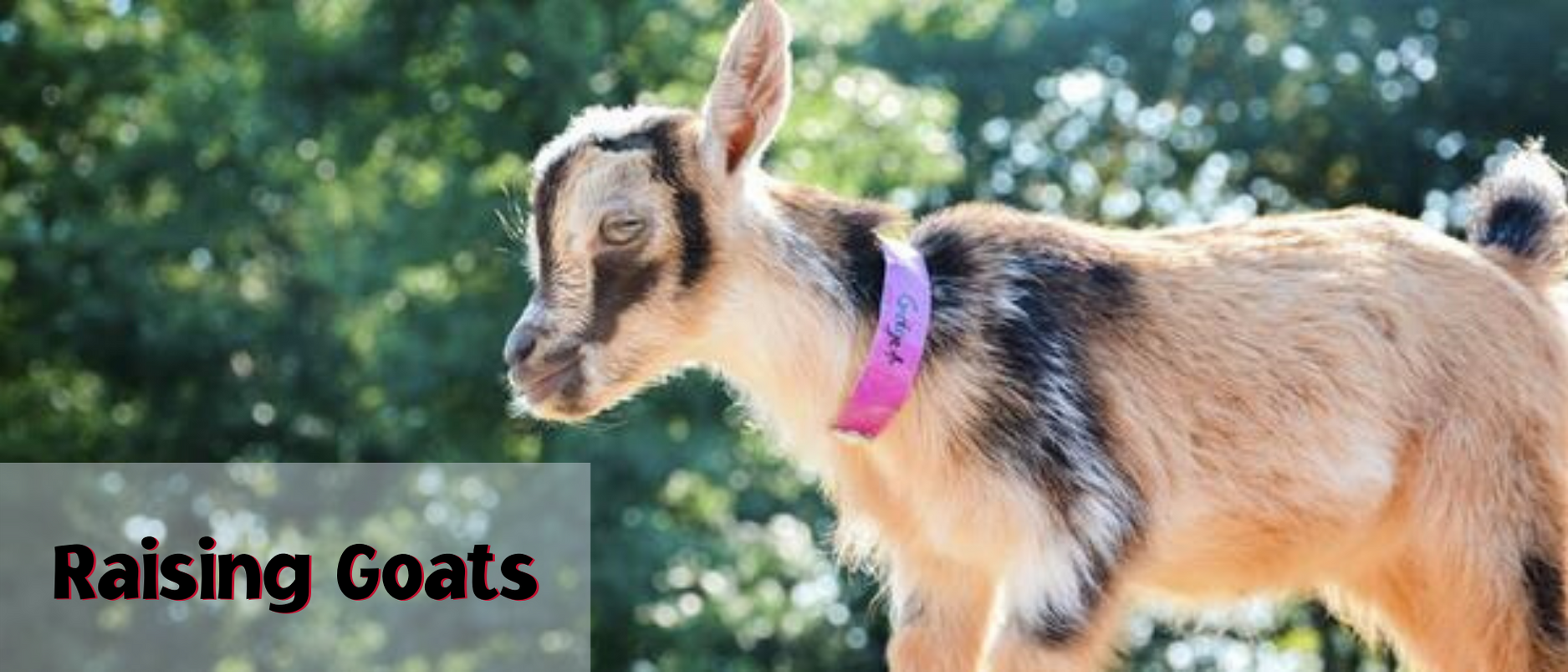Your Cart is Empty

January 01, 2019

Kidding season and brand new baby goats are one of the best parts of raising dairy goats. It's important to make sure that you properly take care of them so they get off to a healthy start. Healthy babies begin with a healthy gestation so don't forget to properly care for the pregnant does as well.
At Goat Milk Stuff, we bottle raise all of our Alpine dairy goat babies and we discuss our protocol for raising goats on this page.
If you are dam raising your kids, you can still follow most of these practices. We always recommend you regularly weigh your dam-raised babies to make sure they are eating properly and gaining weight. A baby goat that doesn't feel well, doesn't nurse well. This is easy to tell if you are bottle raising, but not easy to determine if you are dam raising. For that reason we recommend dam raised kids are weighed every day for the first week, every few days for the first month, and once a week until they are two to three months old.
Bo-Se shot: 1/4 - 1 cc subq (depending upon condition and size of kid)
Spray umbilical cord with iodine
Feed warm colostrum:
Heat treating colostrum: 135-140 degrees for one hour
Kid must consume a minimum 2 oz per pound of body weight in first 12 hours.
(e.g. 7 pound goat needs 14 oz of colostrum).
If Kid does not consume this much on its own, tube feed the colostrum.
After kid consumes 20 oz of colostrum, switch over to milk.
Feed warm milk:
Pasteurizing milk: 165 degrees for 15 seconds
Add a pinch of baking soda to each kid’s bottle once per day. If feeding with a lambar, a pinch per kid.
Feed 4 times per day til 1 week (unless really tiny)
Feed 3 times per day from 1 week to 8 weeks
Feed 2 times per day from 2 months til weaning
Each kid drinks as much milk as they want.*
*Be careful that the biggest kids are not being too greedy with their bottle. If they are, you may want to force them to slow down or continue with more feedings throughout the day. You do not want to cause the kid to bloat.
By 2 weeks:
Offer water (make sure can’t drown)
Offer free choice: hay, alfalfa pellets, loose minerals, oats/barley, or medicated pellets
Trim feet once per month starting around 2-3 months of age.
There are many options for Coccidia prevention. Whichever method you use, just be consistent and thorough. Coccidia prevention is essential to healthy kids. In our experience, people who raise goats can get away with skipping coccidia prevention the first year or two if animals have never been on their pastures. But unless you have amazing pasture rotation, coccidia will become a problem the longer you raise goats.
We currently vaccinate with CD/T only. In the past we also used Lysigin.
CD/T is given to kids at 6 weeks, 9 weeks, and 12 weeks. Adults are boostered annually before breeding season.
Lysigin is given before kidding season and boostered annually.
See the Goat Medicine page for more details.
Worm kids starting no later than 21 days old and then repeat every 28 days until breeding season.
Worm all goats pre-breeding and pre-kidding.
If kids are separate from adult goats, we use Valbazen.
If kids are kept with adult goats, we use Cydectin.
Periodically check fecal samples to make sure your wormer is still working.
Rotate pastures as much as possible to prevent worm build-up
Kids should have gained at least 10 pounds per month and be 70-90 pounds by 7 months old, before being bred. If they have not reached this weight, do not breed until they are big enough.
Add Calf Manna to daily feeding of all goats.
Bucks - Bo-se: 1 cc per 40 lbs subq
Bucks - CD/T: 2 cc subq
Bucks - Worm cydectin: 1 cc per 22 lbs orally
Bucks - Trim feet
All female goats - Bo-se: 1 cc per 40 lbs subq
All female goats - CD/T: 2 cc subq
All female goats - Worm cydectin: 1 cc per 22 lbs orally
All female goats - Trim feet
Start breeding
Remove bucks from breeding pens
Pull blood for CAE and pregnancy tests
Pull blood for repeat pregnancy tests if needed
Put bucks back in with any unbred does
All doe kids - Lysigin: 5 cc subq
All female goats - Bo-Se: 1cc per 40 pounds subq
All female goats - CD/T: 2cc subq
All female goats - lysigin: 5 cc subq
Worm Dam: Cydectin 1 cc per 22 lbs orally
Disclaimer: This information is provided as an example of how we personally raise goats at Goat Milk Stuff. We are not veterinarians and any information on the GMS website should not be taken as veterinary advice. Please seek the advice of a professional vet before making any changes to your herd management or individual treatment of your goat.
Comments will be approved before showing up.